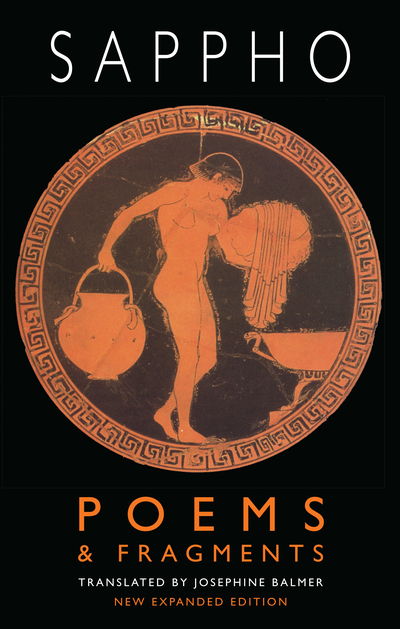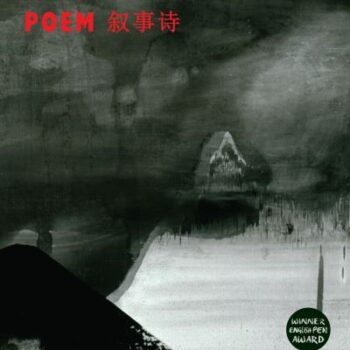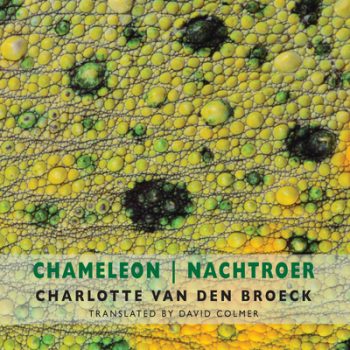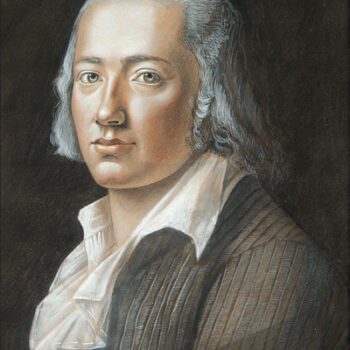Description
This second, expanded edition of Josephine Balmer’s classic translation of the Greek poet Sappho has new, recently-discovered fragments, including the Brothers Poem, the Kypris Song and the Cologne Fragment. In a new essay on these additions she discusses the issues raised in the translating – and in some cases retranslating – of these fragmentary and ever-shifting texts. Poems & Fragments is now the only complete, readily-available translation in English of Sappho’s surviving work. Sappho was one of the greatest poets in classical literature. Her lyric poetry is among the finest ever written, and although little of her work has survived and little is known about her, she is regarded not just as one of the greatest women poets, but often as the greatest woman poet in world literature. She lived on the island of Lesbos around 600 BC, and even in her lifetime, her work was widely known and admired in the Greek world. Plato called her ‘the tenth muse’, and she was a major influence on other poets, from Horace and Catullus to more recent lyric poets. Yet in later centuries, speculation about her sexuality has tended to diminish her poetic reputation. One medieval pope considered her so subversive that her poems were burned. Some of her poems were written for the women she loved, but her circle of women friends and admirers was not unlike Socrates’ circle of followers. She may have been a lesbian in the modern sense, or she may not, but to call her a lesbian poet is an over-simplification. What remains is her poetry, or the fragments which have survived of it, and her intense, sensuous, highly accomplished love poems are among the finest in any language. First published in 1984 and revised in 1992, Josephine Balmer’s edition brings together all the extant poems and fragments of Sappho. In a comprehensive introduction, she discusses Sappho’s poetry, its historical background and critical reputation, as well as aspects of contemporary Greek society, sexuality and women.





